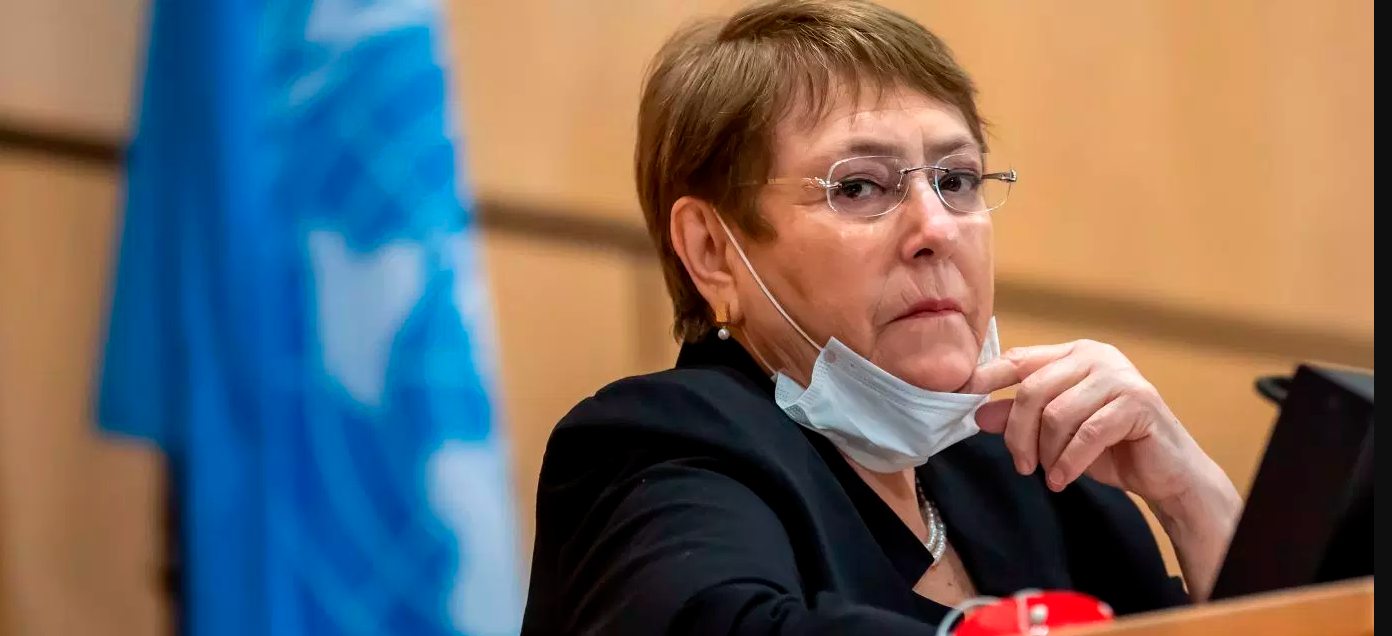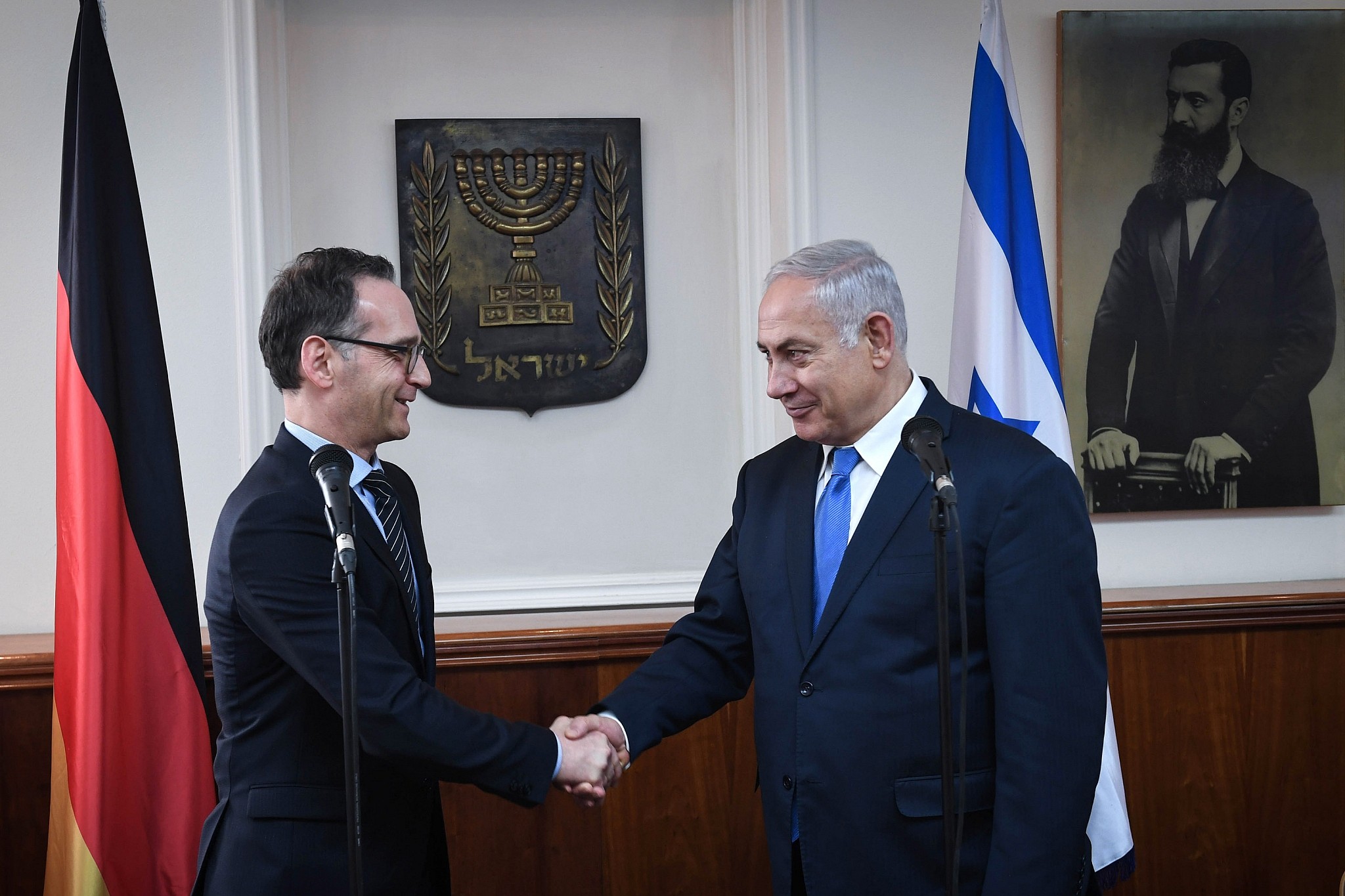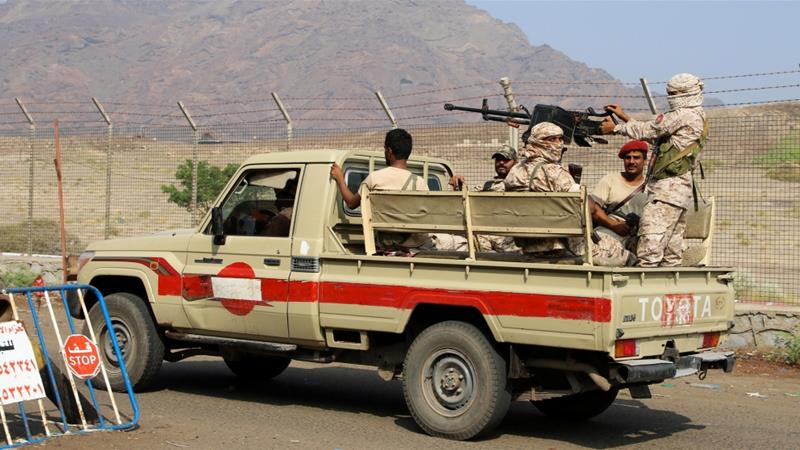On June 26, the United Nations High Commissioner for Human Rights, Michelle Bachelet, released a statement denouncing Israeli annexation plans. Bachelet, the former president of Chile, voiced a strongly worded opinion on Israeli plans to use an unsigned peace deal as justification to annex 30% of the West Bank.
“Annexation is illegal. Period,” Bachelet stated. “Any annexation. Whether it is 30 percent of the West Bank, or 5 percent. I urge Israel to listen to its own former senior officials and generals, as well as to the multitude of voices around the world, warning it not to proceed along this dangerous path.” Annexation plans would not impact those living in the occupied territories alone, she emphasized.
Disastrous consequences
Bachelet said that “the precise consequences of annexation cannot be predicted, but they are likely to be disastrous for the Palestinians, for Israel itself, and for the wider region.” She recalled a June 23 statement by UN Secretary-General Antonio Guterres who called any form of Israeli annexation “devastating.” Bachelet said, “The Secretary-General of the United Nations has called on the Israeli Government to abandon its annexation plans, and I back that call one hundred percent.”
As UN Commissioner on Human Rights, Bachelet has a mandate to prevent human rights violations and promote international cooperation to ensure respect of human rights. She sees opposing Israeli annexation as part of that mandate as Israeli Prime Minister Benjamin Netanyahu’s plan “is likely to entrench, perpetuate and further heighten serious human rights violations that have characterized the conflict for decades.”
Threat to human rights
Her statement, published by the UN Office of the High Commissioner for Human Rights (OHCHR), highlighted a likelihood that restrictions on Palestinian rights to freedom of movement would further deteriorate “as Palestinian population centers become enclaves.” The statement emphasized how annexation could ban locals from farming their land and reduce access to education and healthcare.
The OHCHR statement called Israel settlements in the occupied territories “a clear violation of international law” that would “almost certainly expand” should annexation proceed. Even a “modest” form of annexation would “grievously harm the prospect of a two-state solution,” undercut future negotiations, “and perpetuate the serious existing human rights and international humanitarian law violations we witness today.”
Bachelet’s office fears the annexation would lack any legal backing and would create an untenable position for Israeli diplomacy in the future. “The shockwaves of annexation will last for decades, and will be extremely damaging to Israel, as well as to the Palestinians,” Bachelet warned in her statement. “However there is still time to reverse this decision.”



